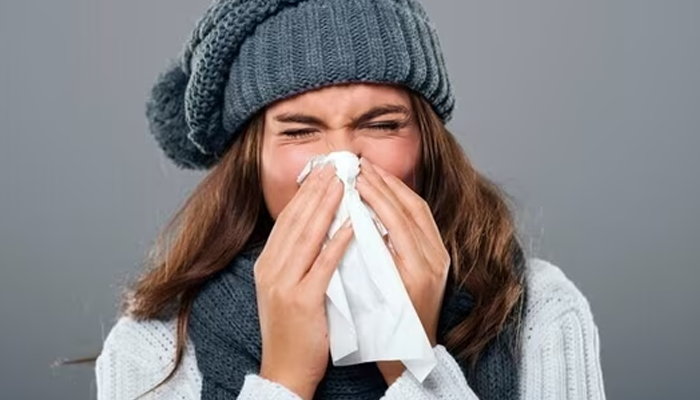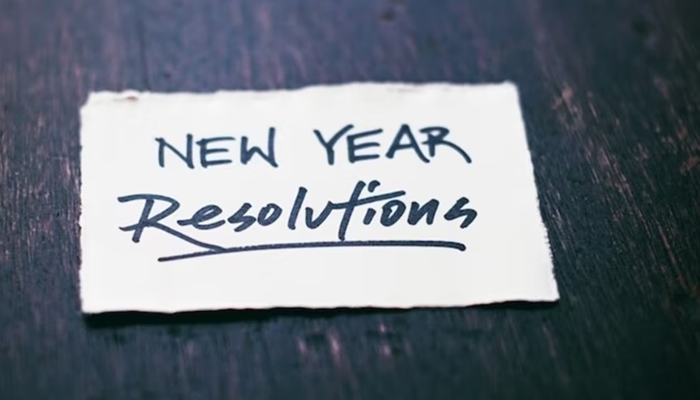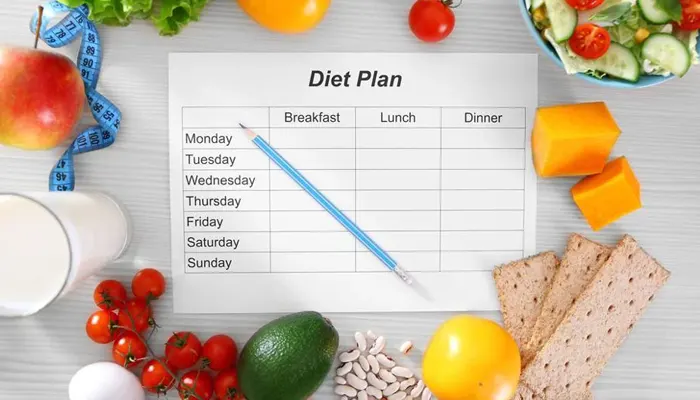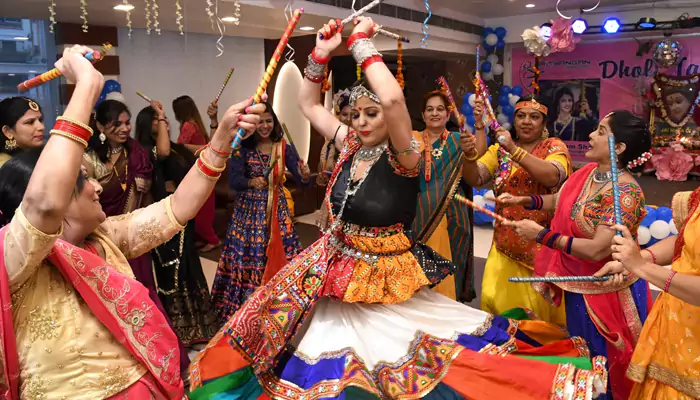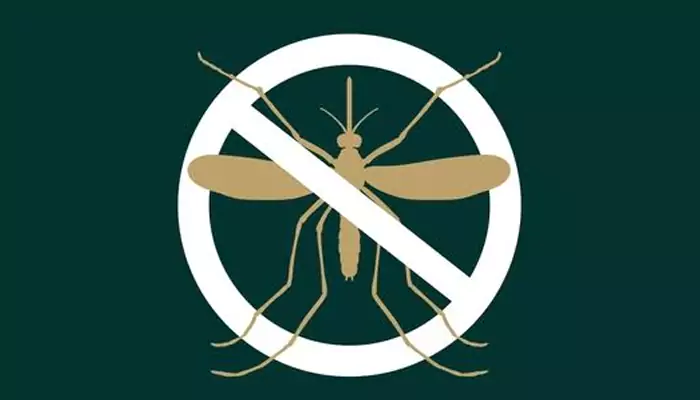World Down Syndrome Day – What Is It? Can We Live A Full And Happy Life With This Condition?
- Admin
- 1 year ago
- 3 minutes read

World Down Syndrome Day, observed on March 21st, is a global awareness day officially sanctioned by the United Nations since 2012.
This date was chosen symbolically (3/21) to represent the trisomy of the 21st chromosome, which is characteristic of Down Syndrome (DS). The day aims to raise public awareness of Down syndrome, a genetic condition that affects cognitive ability, and physical growth, and is associated with some distinctive physical characteristics. It also seeks to advocate for the rights, inclusion, and well-being of people with Down syndrome, ensuring they have the opportunity to lead fulfilling lives alongside their peers.
Understanding Down Syndrome
Down Syndrome is caused by the presence of an extra copy of chromosome 21, leading to a total of 47 chromosomes instead of the usual 46. This genetic anomaly affects individuals differently, leading to a spectrum of abilities and health issues. Early intervention programs, including physical therapy, speech therapy, and special education, can greatly improve the quality of life for those with DS.
Celebrating World Down Syndrome Day
World Down Syndrome Day is not just about raising awareness but also celebrating the lives and achievements of those with Down syndrome. It’s an opportunity to challenge myths, disseminate accurate information, and showcase the talents and capabilities of individuals with DS. Activities and events on this day include conferences, workshops, and cultural performances, all designed to promote understanding, acceptance, and inclusion.
Living a Full and Happy Life with Down Syndrome
The question of whether one can live a full and happy life with Down Syndrome has a simple answer – absolutely. Advances in medical care, early intervention, and inclusive education have significantly improved the life expectancy and quality of life for individuals with DS. However, living a fulfilling life goes beyond just medical care or education; it’s about love, respect, opportunities, and the right to make choices.
Education and Employment
Inclusion in mainstream education is increasingly common for children with DS, supported by tailored learning programs. Post-secondary education opportunities are also growing, equipping individuals with DS with skills for various forms of employment. Workplaces are gradually adapting to include people with diverse needs, recognizing the value and unique perspectives they bring.
Social Participation and Relationships

People with Down Syndrome form meaningful relationships, participate in community activities, and contribute to society in many ways. Social participation enriches their lives and those around them, fostering a sense of belonging and acceptance.
Advocacy and Rights
Self-advocacy is an essential aspect of the Down syndrome community, with individuals and families advocating for rights, inclusion, and equal opportunities. Organizations worldwide work tirelessly to ensure that people with DS are recognized as valuable and equal members of society.
Challenges and Support
While there have been significant strides toward inclusion, challenges remain. Misconceptions and societal barriers can limit opportunities for individuals with DS. Families often navigate complex healthcare and educational systems to provide the best for their loved ones. Support from the community, healthcare professionals, educators, and policymakers is crucial in overcoming these challenges.
World Down Syndrome Day serves as a reminder of the importance of diversity, equity, and inclusion in creating a society that values all its members. Living with Down Syndrome indeed comes with its unique challenges, but with support, love, and opportunities, individuals with DS can and do lead full, happy lives. Their achievements and participation enrich our communities, teaching us valuable lessons about resilience, joy, and the inherent worth of every individual. As we move forward, let us continue to advocate for a world where everyone, regardless of genetic differences, has the opportunity to thrive, contribute, and enjoy a fulfilling life.

